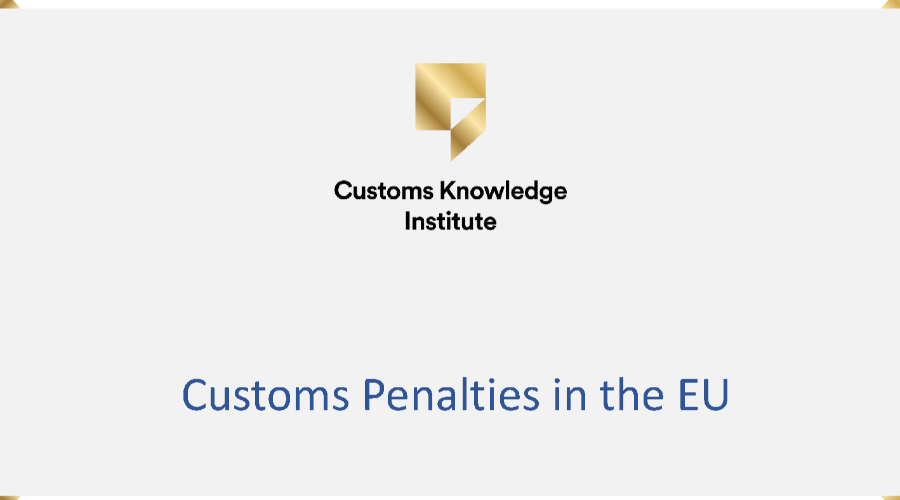Kombination von Fernstudien-, Lehr- und Praxisphasen. Einzigartige Betreuung vor, während und nach dem Studium!
{{ title }}
{{ current_question.title }}
{{ successMessage }}
{{ failMessage }}
{{ successMessage }}
{{ failMessage }}
{{ failMessageRetry }}
{{ question.title }}
Чтобы продолжить, необходимо выбрать хотя бы один ответ.
Fit auf den Punkt mit den 7 Themenmodulen im Zollmanagement
Absolvieren Sie eines oder mehrere der Themenmodule (s. Gesamtstudiengang) zu allen relevanten Aspekten des Zollmanagements in der Unternehmenspraxis, ganz nach Ihren individuellen Bedarfen oder Interessen. Qualifizieren Sie sich oder Ihre Mitarbeiter zielgerichtet und abschließend in den für Sie relevanten Themenbereichen.
Die 7 Themenmodule
- sind in sich abgeschlossen und behandeln das jeweilige Thema erschöpfend;
- können je nach Ihren individuellen fachlichen und zeitlichen Bedürfnissen völlig frei belegt und absolviert werden;
- sind gleichzeitig sinnvoll kombinierbar, verzahnt und behandeln alle wichtigen Themen des Zollmanagements;
- bieten durch ihren klaren, einheitlichen und intuitiven Aufbau ein hervorragendes Programm für die betriebliche Aus- und Weiterbildung (Voraussetzung für den Erwerb und Erhalt einer zollrechtlichen Bewilligung nach dem Unionszollkodex);
- eröffnen jederzeit die Möglichkeit, bei Absolvierung aller 7 Module, das Studiengangs-Zertifikat Zollmanager (m/w/d) zu erwerben.
Themen der Module:
- Modul 1: Handelspolitik, Grundlagen;
- Modul 2: Infrastruktur, Einfuhr, Zollschuldrecht;
- Modul 3: Zollverfahren;
- Modul 4: Zolltarif, Zollwert;
- Modul 5: Ausfuhrverfahren und Exportkontrolle;
- Modul 6: Warenursprung/ Präferenzen und AEO;
- Modul 7: Sanktionen und Privatrecht im Außenhandel.
Inhalte des Moduls 7
- Unregelmäßigkeiten und Sanktionen
- Auswertungsraster der Behörden (Folgenarten)
- Entstehung, aktive und passive Pflichtverletzung
- Aufdeckung, Behörden- und Eigenkontrolle
- Adressaten von Sanktionen: Beteiligte in der Abwicklungskette
- Motive und Verschulden
- Vermeidung von Unregelmäßigkeiten und Folgen (Haftungsbegrenzung)
- Zivilrechtliche Grundlagen des Außenhandels
- Internationales Privatrecht (IPR)
- UN-Kaufrecht (CISG)
- Internationales Prozessrecht
- Institutionen und Schiedsverfahren
Ablauf
Jedes Modul besteht aus
- einer aufgezeichneten Videovorlesung,
- einem Audio-Podcast,
- einem Modul- bzw. Studienbrief mit zahlreichen Verweisen, weiterführenden Quellen, Fallstudien und Übungen,
- einer abschließende Lerntransferevaluation in Quiz-Form (mindestens 60 % Ihrer Antworten sollten richtig sein, um das Quiz erfolgreich zu bestehen).
- Sie erhalten zusätzlich alle Modulmaterialien zum Download (einschließlich der Folien und Lösungshinweisen zu den Übungen).
Sie können die einzelnen Module selbstverständlich einzeln, separat und in freier Reihenfolge und ganz nach ihren fachlich-thematischen sowie zeitlichen Bedürfnissen absolvieren.
Während der Modulbelegung besteht durchgängige persönliche Betreuung durch die Studienleitung (per E-Mail). Wenn Sie Fragen haben, können Sie sich so jederzeit an den Dozenten wenden. Einmal im Monat findet eine Kontaktveranstaltung statt, die Modul-Repetitorien, Fragen- und Antworten-Runden, Diskussion zu aktuellen Themen und Herausforderungen sowie persönlichem Kennenlernen und Networking dient.
Nach erfolgreichem Abschluss des Moduls (durch Quizfragen geprüft) erhalten Sie das Modulzertifikat. Falls Sie alle sieben Module erfolgreich abschließen, erhalten Sie das Abschlusszertifikat "Zollmanager" und erwerben damit gleichzeitig die Zugangsvoraussetzung zum Modul VIII. Wenn Sie auch das Modul VIII erfolgreich abschließen, erhalten Sie das Zertifikat "Zollmanager Professional".
Zeitbedarf
Nach dem Kauf des Modulkurses erhalten Sie einen Zugang für 2 Monate. Bitte planen Sie für das Modul ungefähr 12 Stunden Bearbeitungszeit ein.
Preis
175 Euro ohne MwSt.
Wenn Sie sich nach Erhalt dieses Molules-Zertifikats für den Kauf des Gesamtstudiengangs entscheiden, nehmen Sie bitte Kontakt mit uns auf, um Ihren 10%-Rabattcode zu erhalten. Kontakt: info@customsclear.net
- Дата публикации: Juli 08, 2023
- Unlock duration: 2 месяца
- Автор(ы): Dr. Michael Jung
- Продолжительность: 00:28:43
- Языки: Deutsch
- Уровни: Grundwissen
- Типы: Video, Видео
- Тема: violations
- Рынок: EU - Europäische Union
Ресурсы доступны после покупки.

Комментарии ()
Чтобы оставить комментарий, вам необходимо